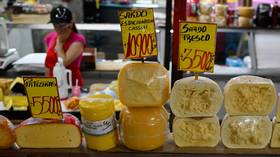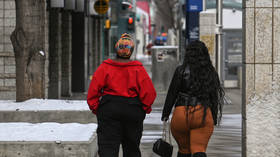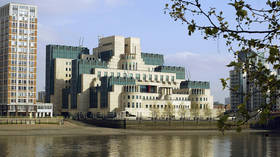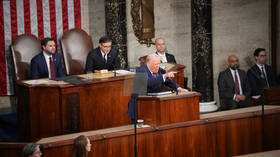Inflation in Latin American nation tops 200%

Annual inflation in Argentina exceeded 211% in 2023, marking the highest rate in more than three decades, according to the latest data released by the government’s statistics agency INDEC.
Argentina’s year-on-year rise in prices has also propelled it above Venezuela for the first time in decades, sending the South American country to the highest rankings among nations struggling with soaring inflation.
The data underscores the strong impact of a series of shock measures there, including a 50% devaluation of the nation’s currency and a hike in the key interest rate to 133%, implemented by the country’s new President Javier Milei in an effort to eventually tame the country’s roaring inflation. The government has also allowed price-fixing agreements to lapse.
The annual inflation more than doubled from 2022’s rate of nearly 95%. Meanwhile, monthly inflation stood at 25.5% in December, up from 12.8% in November but slightly below the 30% projected by the country’s government.
Earlier this week, the International Monetary Fund (IMF) agreed to unlock $4.7 billion for Argentina as part of a debt-restructuring plan and despite the fact that the nation has missed targets related to its $43-billion loan program.
The drastic steps taken by the new government have had a significant negative impact on prices in the country and on food prices in particular.
Argentines’ purchasing power dropped some 10% on average in December as wages rose slower than prices, according to Fernando Marull, director of financial consultancy FMyA, as cited by the FT.
In addition, a regular poll carried out by Argentina’s Federation of Medium-Sized Businesses among retailers showed a 13.7% drop in sales in December compared with the same month in 2022.
According to Marull, inflation and economic activity would both remain “terrible” through at least January and February.
“After that, if Milei’s economic plan is successful, we should start to see a rebound,” the expert added.
For more stories on economy & finance visit RT's business section














